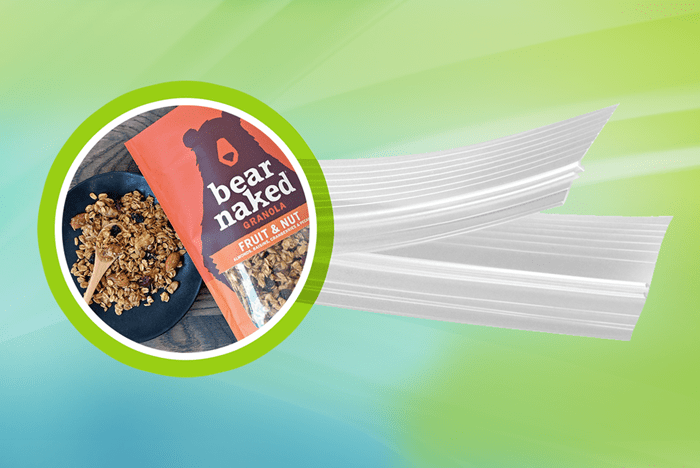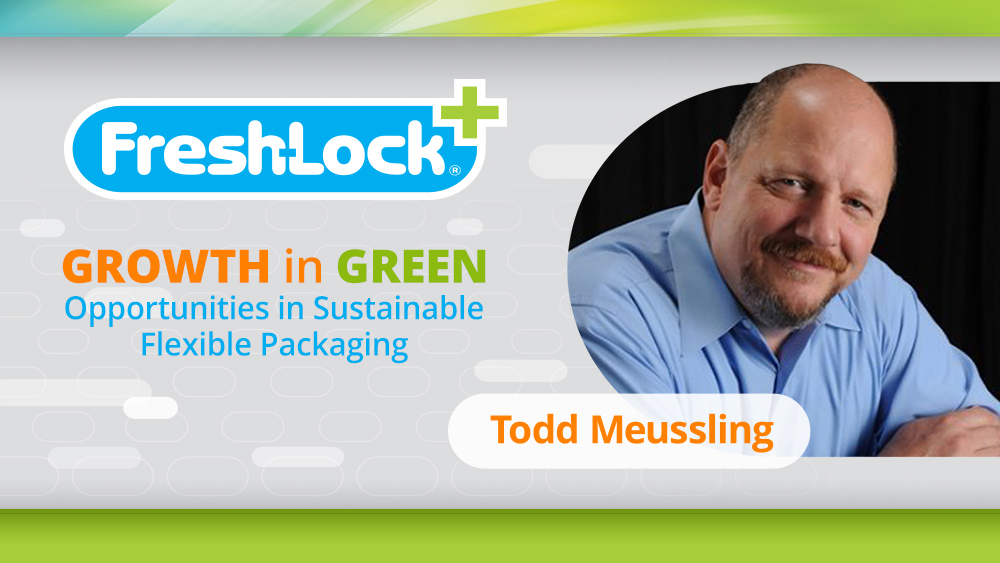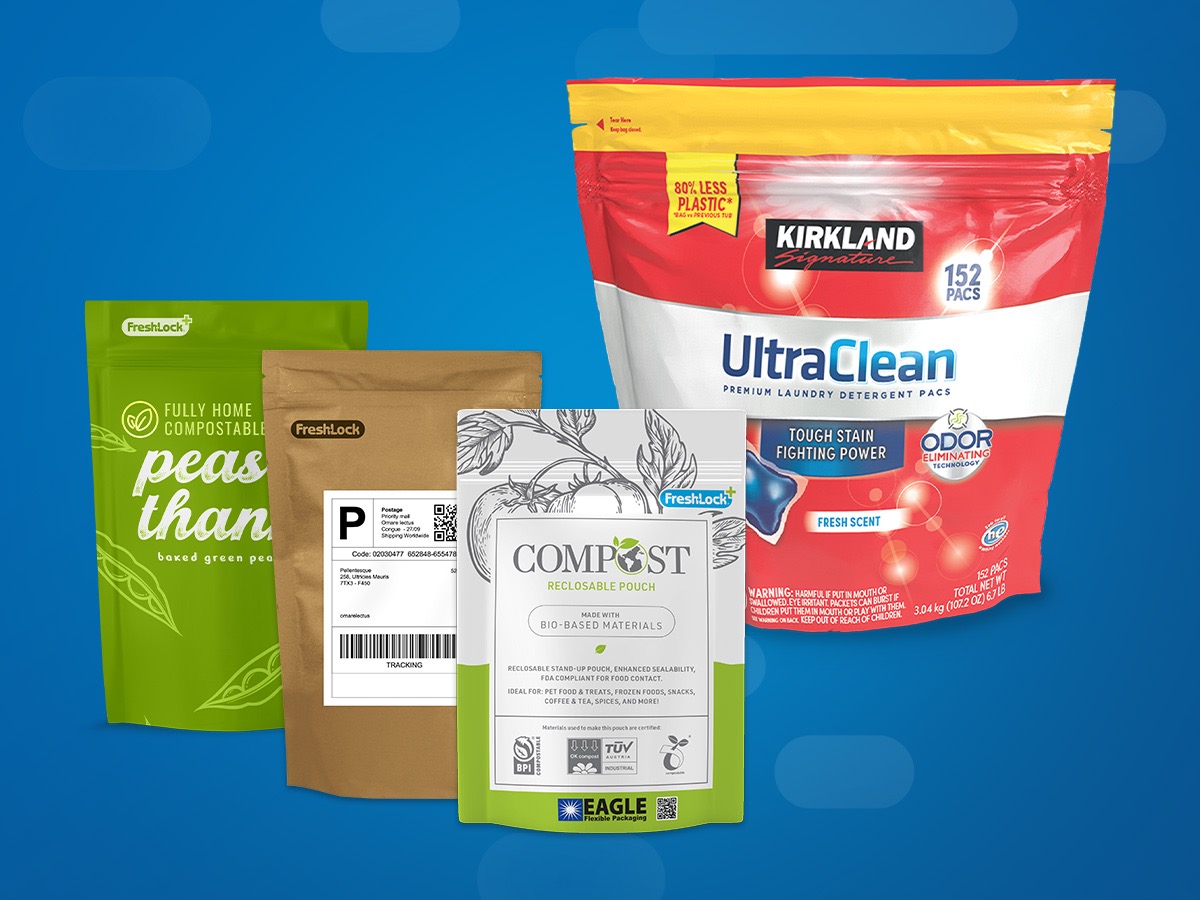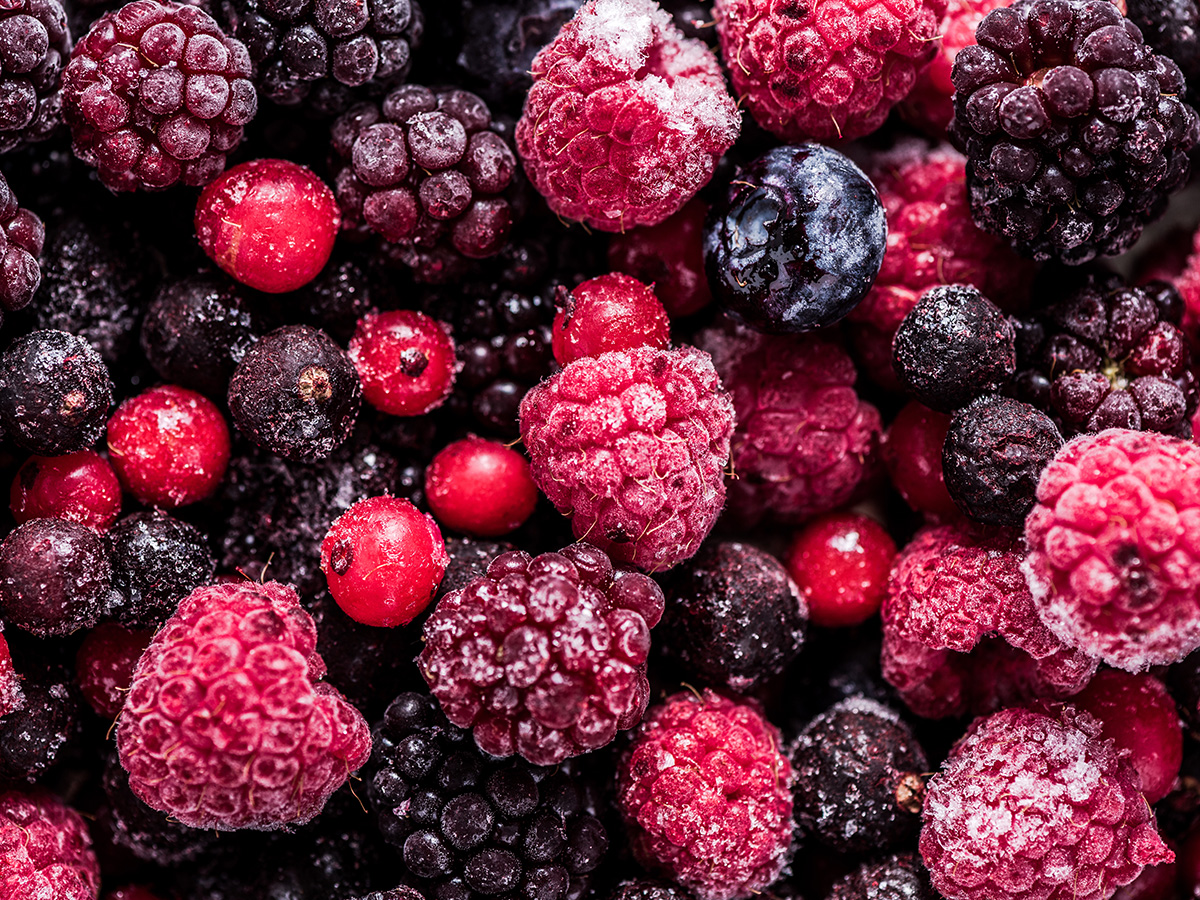
Collaboration is Key: Launching a Fully Sustainable Flexible Pouch
The flexible packaging industry is tackling sustainability issues head-on, and leaders are working together to make recyclable pouches a reality in support of a more circular economy.
According to the FPA, Flexible packaging already comes with some impressive sustainability benefits that relate to source reduction, less material going into landfills, extended shelf-life/reduced food waste with reclosability, and fewer greenhouse gas emissions compared to rigid packaging.
However, creating a consumer-friendly circular path with recyclability has been a bit of an obstacle in flexible packaging. Consumers pay less attention to how a package is made and transported than they do to how they dispose of that package. And until recently, most people threw standup pouches in the trash. Now, that’s all starting to change thanks to teamwork within the industry.
Sustainability Success Through Tireless Teamwork
This year, popular brand Bear Naked® granola a Kellogg Company product, launched a new, fully recyclable standup pouch. It was an 18-month journey involving multiple packaging partners. There are many materials and components used to manufacture a flexible pouch, and each element must meet certain requirements if the entire package is to be easily recycled by consumers.
Five separate companies collaborated on the Bear Naked® pouch, helping lead the way to more sustainable options for brands and packagers. The goal was not only to produce a recyclable pouch, but to do it efficiently while maintaining a consistent customer experience.
Here’s how each organization played a role:
The Brand: Bear Naked® granola
Kellogg wanted a way to make it easier for its loyal customers to recycle their packaging. The target market for granola-eaters likely includes many people who care deeply about the environment and want to recycle their waste whenever possible.
Kellogg had been using a service for its Bear Naked® granola that required consumers to sign up for a special program and ship flexible pouches to a location for recycling. That’s a lot of work. Instead, the company wanted to allow consumers to bring used pouches to retail stores, using the How2Recycle® program’s store drop off, which is much more convenient.
However, before that could happen, Kellogg needed a recyclable film structure for its Bear Naked® packaging that would be acceptable at these drop-off locations.
The Film: Berry Global
The biggest challenge in recyclable flexible packaging is the film structure. While these packages are lightweight and thin, there are actually many layers of material involved in the manufacturing of films used for flexible pouches.
In order for a flexible package to be dropped off at front-of-store collection bins, a single-source, polyethylene film is needed. Berry Global’s nine-layer Entour™ film structure fit the bill, but it also provided important features beyond recyclability.
According to Flexible Packaging Magazine the film structure surpasses Kellogg’s barrier requirements for shelf life, features a clear window to showcase the product inside, is stiff enough to stand up on store shelves, and can easily be hermetically sealed.
Paul Wollack, technical director at Berry Global, told Flexible Packaging that, while recyclability was the goal, maintaining a positive experience was still key.
“We created a new sustainable package but maintained the feel and functionality of the current package so consumers will continue to find the product they expect in a package with a striking appearance, solid product protection and reclosability for multiple uses … Through the advanced material science in plastic packaging, we have the unique opportunity to enhance sustainability, without negatively impacting the consumer experience.”
The Resin: Dow® Chemical
The film that Berry Global manufactures is possible thanks to innovations from Dow Chemical. Dow’s RecycleReady Technology includes polyethylene resins for film structures that are approved by the Sustainable Packaging Coalition® for the How2Recycle drop-off initiative.
According to Dow, its groundbreaking RETAIN™ polymer modifiers are compatibilizers, which “allow converters to recycle barrier film trim back into film production without sacrificing optical or physical properties.”
Dow also provided a high-performance sealant that helped meet the fast-paced production line speeds for machines producing hermetically sealed packaging.
The Printing: Colormasters
Every facet of a flexible package must fit within the parameters of recyclability. Plus, as packaging materials change to achieve this objective, packaging engineers must make sure other materials and components still function as expected. That includes the ink applied to films, which is important if you want your package to be attractive and on brand.
To capture the attention of shoppers, Colormaster’s registered matte finish was applied to the pouch to reinforce Bear Naked’s brand image. The finish also provides extra heat resistance so the package runs more efficiently on machinery.
The Closure: Fresh-Lock
Reclosability is a major feature of Bear Naked’s standup pouch. But, it needed to have a zipper that could be recycled along with the special film.
The Fresh-Lock® team has been following the shift in flexible packaging, and in response, developed a unique line of closures that support sustainability efforts. The line is among our growing options for sustainable products and processes.
The Bear Naked® package utilizes zipper style 8113 from the Fresh-Lock® 8000 Series, which is pictured here.

“The Fresh-Lock® team is proud to be part of the development of Bear Naked’s new recyclable package,” says Brad Hansen, President of Presto Products Specialty Division. “We’re excited to partner with other brands who see value in pursuing more sustainable flexible packaging coupled with reclosability to reduce food waste.”
Zipper style 8113 from Fresh-Lock’s 8000 Series is specifically designed to seal to recyclable polyethylene films, an attribute that not all closures can properly achieve. As a big bonus, these zippers also enable faster packaging machine speeds and reliable sealing to avoid channel leakers.
Sustainability and reclosability are two important packaging features to consumers and this closure for flexible packaging supports both. In addition to allowing consumers to recycle a resealable standup pouch, it also ensures their granola stays fresh. Because nobody wants to eat stale granola bites.
In addition to all the benefits of a fully recyclable standup pouch, working with Fresh-Lock provides sustainability benefits to converters and manufacturers as well. The Fresh-Lock® Green Spool Program minimizes the cost of recycling, allowing large spools to be returned, washed, and reused, or recycled into single-use spools.
Is Your Flexible Packaging Ready to Go Green?
Sustainability is a packaging trend that can’t be ignored. It’s a movement that resonates with consumers, is an actionable goal for manufacturers, and is generating responses from brands across the globe. By 2021, Nielsen expects that sustainably-minded U.S. shoppers will spend upwards of $150 billion on sustainable CPG goods. The challenge soon will shift from manufacturing recyclable flexible packaging to educating the public on how to do it.
The launch of the Bear Naked® pouch exemplifies the positive strides the packaging industry is making towards a circular economy. Will your brand be the next to reduce waste, protect the planet, and give consumers what they want?
For more on the importance of pursuing sustainable packaging, check out our article on reaching sustainably minded consumers. Have questions about how reclosable flexible packaging can help your brand or packaging operation? Contact us online or call (800) 265-0750.
If you have yet to view our exclusive webinar, Growth in Green: Opportunities in Sustainable Flexible Packaging, we invite you to learn more about this important movement. The 30-minute discussion shines a light on the possibilities for sustainable packaging and explains how companies can create recyclable pouches for their own brands.

 Back to Blog
Back to Blog



